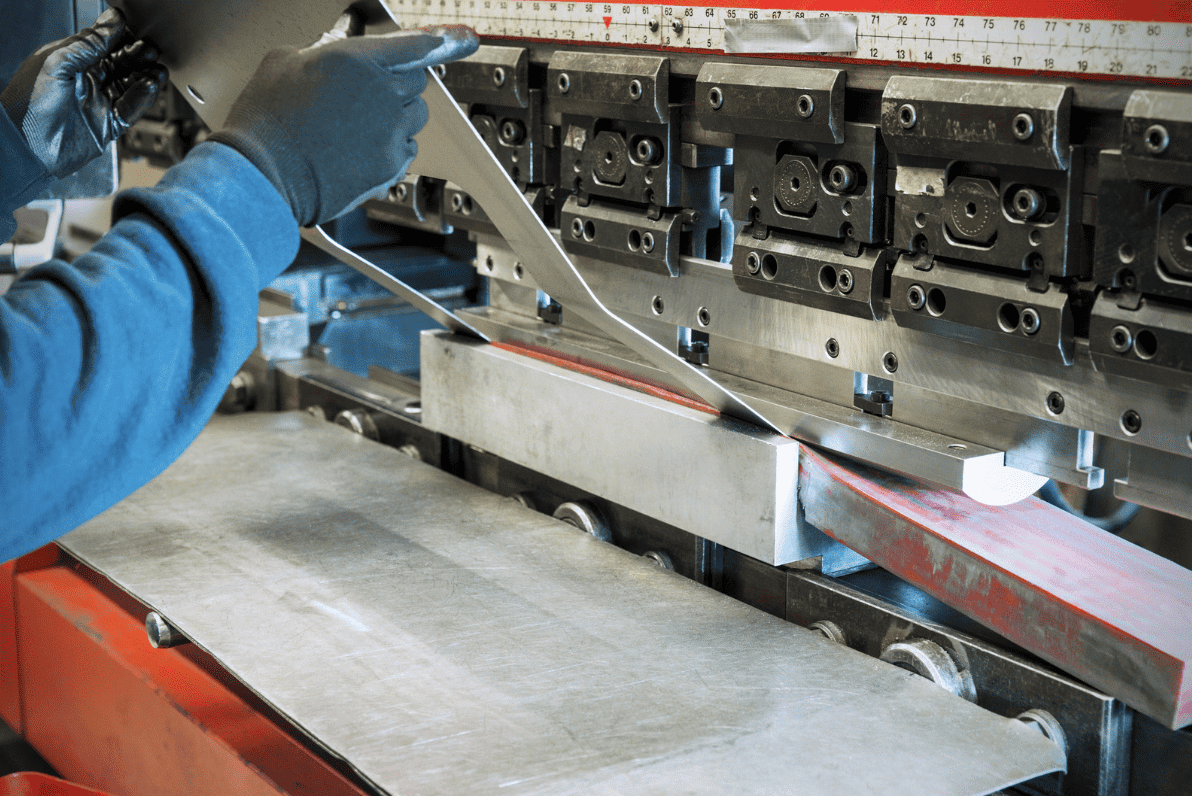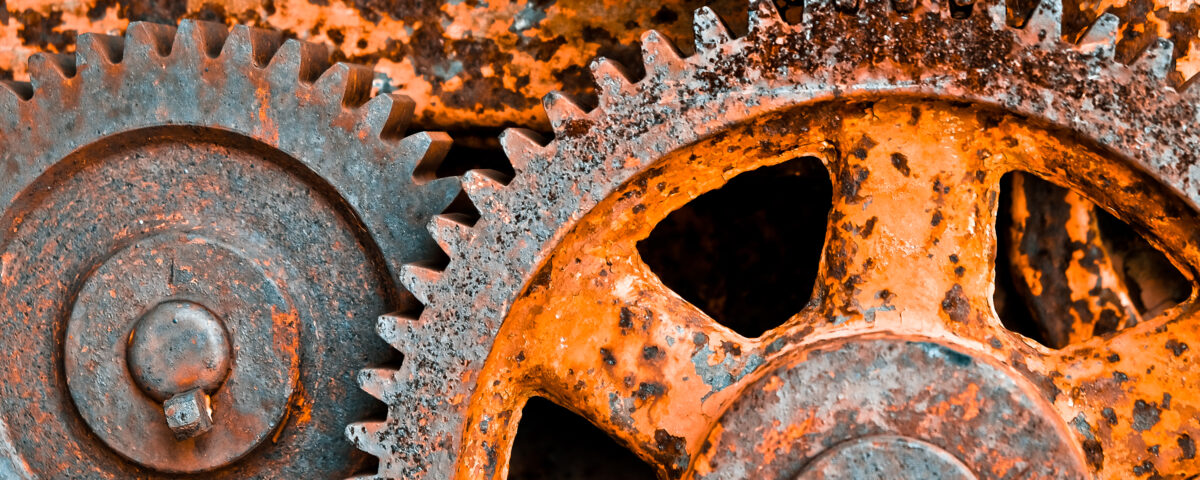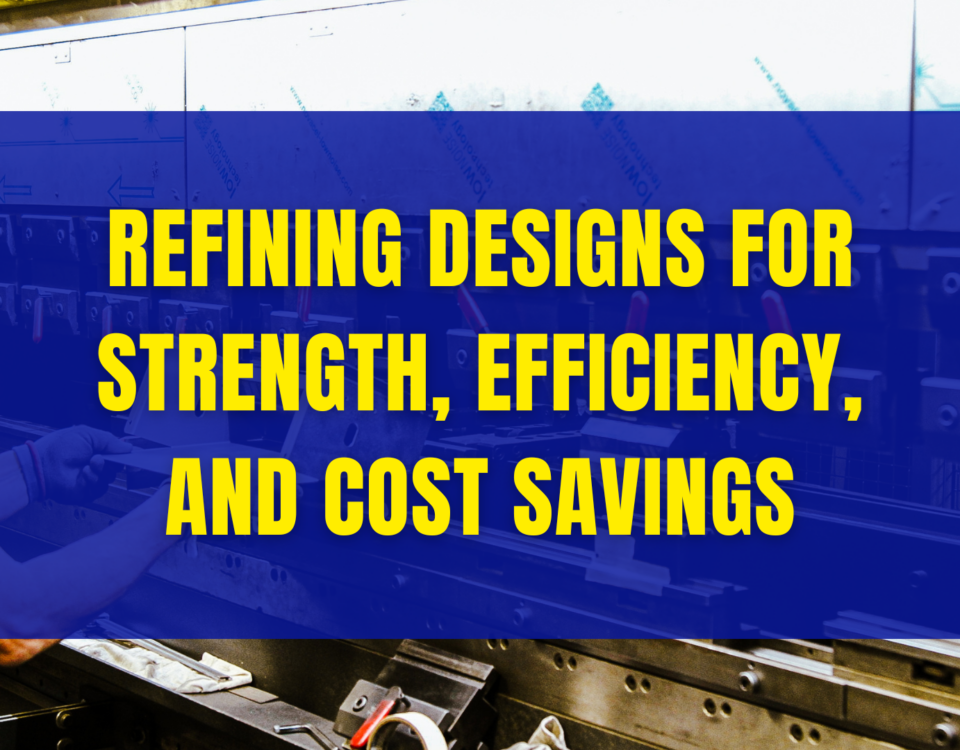
The Fourth Industrial Revolution
July 1, 2022
Get to Know the Sheet Metal Fabrication Process
September 1, 2022Metals that contain iron rust easily, however, there are some metals that do not rust or have a lower probability of corroding
When a refined metal is naturally transformed into a stable state, such as oxide, hydroxide, or sulfide, the result is corrosion, which affects the metal’s entire surface. In most cases, corrosion happens when the majority of the atoms on a metal surface are oxidized. Different metals have a tendency to lose electrons quickly in water and the atmosphere which causes reduced oxygen and causes the metal to form an oxide.
Corrosion is dangerous and costly. Fortunately, there are some metals that don’t rust easily. These metals can either resist corrosion for a long time or entirely. Every metal has its own advantages, but the ability to resist corrosion is a crucial characteristic that defines how a metal is used.
Metals that Don’t Rust or Corrode
Metals that contain iron rust easily. Metals like copper, silver, and gold will corrode eventually over time. Here are some metals that do not rust or have a lower probability of corroding:
-
Stainless Steel
Iron, magnesium, chromium, silicon, carbon, nickel, and molybdenum are all components of stainless steel. These substances combine to produce a thin, stable layer that is made up of corrosion byproducts like metal oxides and hydroxides after reacting with oxygen from air and water. Chromium plays a dominant role as it is present in all the elements by at least 10% and interacts to produce chromium oxide, which serves as a barrier against corrosion on the metal surface. More chromium equals more resistance. The most renowned grades of stainless steel include 304, 316, and 430.
-
Aluminum
Because aluminum doesn’t contain iron or steel, the likelihood of corrosion is greatly diminished. It produces a thin layer of aluminum oxide when exposed to water that protects the metal against corrosion. This is why the majority of aircraft are made of this durable metal.
-
Galvanized Steel
This kind of carbon steel has undergone galvanization, which involves coating it with a thin layer of zinc to function as a barrier against oxygen and water, keeping the steel from corroding. A protective layer of zinc oxide protects the surrounding steel even if the coating is scratched. The higher the grade number of galvanized steel, the thicker the layer of zinc which equally makes it corrosion-free.
-
Red Metals
Red metals (copper, brass, and bronze) contain little or no iron, making them resistant to rust or less susceptible to corrosion. When these metals oxidize, they don’t corrode but are likely to turn green due to prolonged exposure to oxygen. While it’s not necessarily corrosive, it is not pretty to look at.
Protecting Your Metal
Taking preventive measures will expand the life of any metal and keep it in a good condition. If you’re worried about a metal corroding or rusting, consider powder coating it for protection. Talk to an expert at AMS to decide which metal would be viable for your project.


